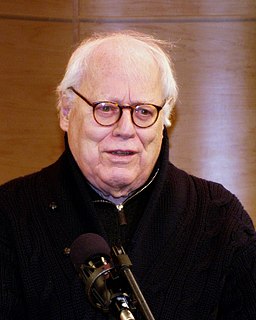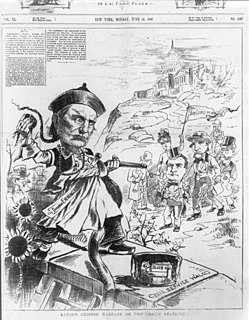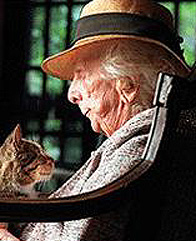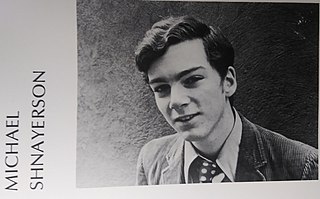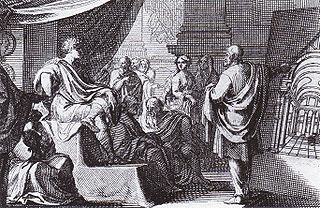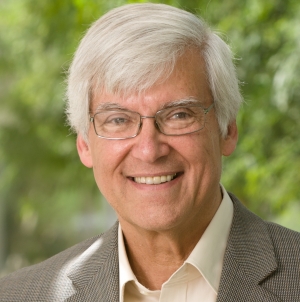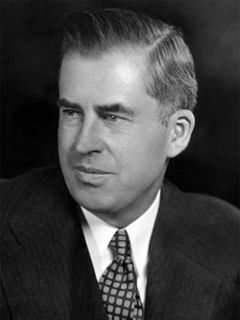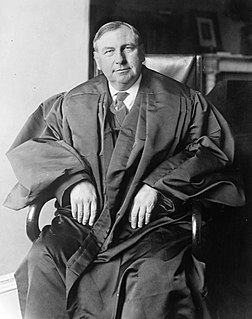A Quote by Jason Epstein
Wherever the title of streets and parks may rest, they have immemorially been held in trust for the use of the public and, time out of mind, have been used for purposes of assembly... and discussing public question. Such use of the streets and public places has, from ancient times, been a part of the privileges, immunities, rights, liberties of citizens. The privilege of a citizen of the United States to use the streets and parks for communication of views on national questions may be regulated in the interest of all... but it must not, in the guise of regulation, be abridged or denied.
Quote Topics
Ancient
Ancient Times
Assembly
Been
Citizen
Citizens
Communication
Denied
Discussing
Guise
Held
Interest
Liberties
May
Mind
Must
National
Out
Parks
Part
Places
Privilege
Privileges
Public
Purposes
Question
Questions
Regulation
Rest
Rights
States
Streets
Time
Times
Title
Trust
United
United States
Use
Used
Views
Wherever
Related Quotes
This wasn’t just an attack against the Boston Marathon... It was an attack against the American public and our democratic use of the streets. We have used our public roadways for annual parades, protest marches, presidential inaugurations, marathons, and all manner of other events. The roads belong to us, and their use represents an important part of our free and democratic tradition.
In the hierarchy of public lands, national parks by law have been above the rest: America's most special places, where natural beauty and all its attendant pleasures - quiet waters, the scents of fir and balsam, the hoot of an owl, and the dark of a night sky unsullied by city lights - are sacrosanct.
To picture Roosevelt as a man at this time in his life - he felt he was old. He was 53 years old, feeling lonely and irrelevant. And all of a sudden, he takes on this campaign, and it becomes a crusade for popular government. And he ultimately goes on fire in the campaign, but he discovers he's up against all the old machine tactics that he used to use himself, and he has to let the public get involved. And he energizes the public through the most extreme kind of rhetoric, which truly brings him into the streets and onto his side.
I must confess my distaste for any proposal to use public funds for the support of selected, and thereby, privileged, industrialists, the more particularly if this is to be based on bureaucratic views of what is good and what is bad by way of industrial development, but I have been studying the report referred to with some interest.
The obvious types of American fascists are dealt with on the air and in the press. These demagogues and stooges are fronts for others. Dangerous as these people may be, they are not so significant as thousands of other people who have never been mentioned. The American fascist would prefer not to use violence. His method is to poison the channels of public information. With a fascist the problem is never how best to present the truth to the public but how best to use the news to deceive the public into giving the fascist and his group more money or more power.
